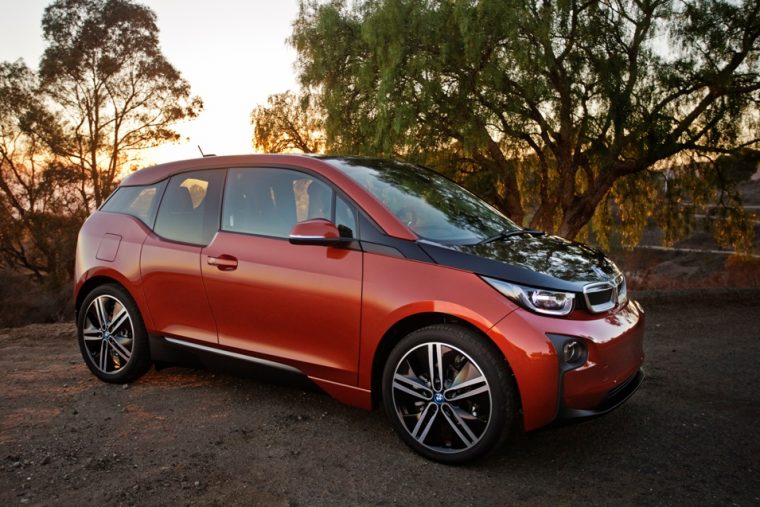Remember back in February, how we were talking about how Germany’s government was considering offering an electric-car sales incentive, but how nothing had really been decided?
Well, we can’t say that anymore.
Germany announced that it would offer electric-car-buying incentives worth a cumulative total of about 1 billion euros (that’s 1.13 billion dollars for us across the Atlantic). The deal is essentially the same as the one proposed back in February, with the cost of the incentives being split between the government and automakers (specifically Volkswagen, Daimler, and BMW). However, where the original proposition was an incentive of 5,500 euros per car, the actual deal will give electric car buyers a 4,000-euro incentive, whereas plug-in hybrid buyers will receive a 3,000-euro incentive. Cars with a price tag over 60,000 euros will not be receiving incentive money.
In addition, this incentive program included 300 million euros to spend on charging stations in particular, and may lay the groundwork for further government steps, such as a US-type tax incentive.
This is part of Germany’s increasing interest in its domestic electric cars, where it set a goal of bringing 1 million EVs to the country’s roads by the end of the decade. In addition, this also comes after increasing pressure from automakers who fear that without government incentives, the German car market will be unable to keep its status as Europe’s largest car market.
All in all, given that Germany has lagged somewhat behind other European car markets on electric car programs and charging stations, this is a step in the right direction.
News Source: Reuters
The News Wheel is a digital auto magazine providing readers with a fresh perspective on the latest car news. We’re located in the heart of America (Dayton, Ohio) and our goal is to deliver an entertaining and informative perspective on what’s trending in the automotive world. See more articles from The News Wheel.

